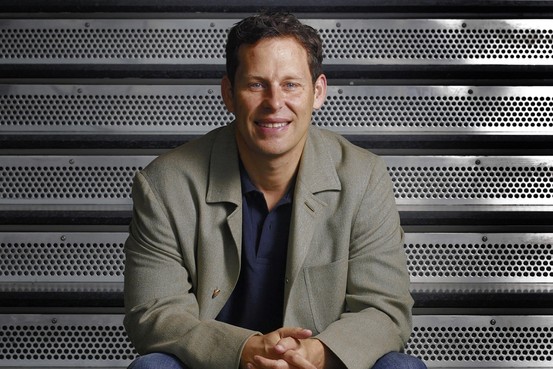Did you know San Francisco spends $2 million a year on a "Managed Alcohol Program?" It provides free Alcohol to people struggling with chronic alcoholism who are mostly homeless. I stumbled upon the building where they have this program. This is what I saw.🧵
The location is an old hotel in SOMA. Inside the lobby, they had a kegs set up to taps where they were basically giving out free beer to the homeless who've been identified with AUD (Alcohol Use Disorder).
While there have been some limited studies showing some promise, I have to point out a couple of things that troubled me.
1. The Department of Public Health is spending $2 million of taxpayer dollars to give free alcohol to mostly homeless people struggling with alcoholism.
2. It's set up so people in the program just walk in and grab a beer, and then another one. All day.
2. It's set up so people in the program just walk in and grab a beer, and then another one. All day.
The whole thing is very odd to me and just doesn't feel right. Providing free drugs to drug addicts doesn't solve their problems. It just stretches them out. Where's the recovery in all of this?
This is what harm reduction refers to as "safe supply" or "safer supply." There's currently a huge debate in Canada about this idea as British Columbia has been "expirimenting" on humans by giving them free Opioids in the hopes that they won't use fentanyl.
The results have been mixed at best and bad at worst in that it appears many of these "free" drugs just get resold on the street for fentanyl or worse.
vancouversun.com/news/local-new…
vancouversun.com/news/local-new…
I'm no doctor or "expert" on issues of drug policy. But I am a taxpayer. When did this Managed Alcohol Program get approved? Where were the public hearings? Why is it hidden away in an old hotel? Who approved a $2 million budget for it?
Do you think giving free alcohol to the homeless who are alcoholics a good idea?
If you want to hear from proponents of the program, you can watch this. I understand the reasoning, but it doesn't "feel" right. Especially for $2 million dollars.
• • •
Missing some Tweet in this thread? You can try to
force a refresh









